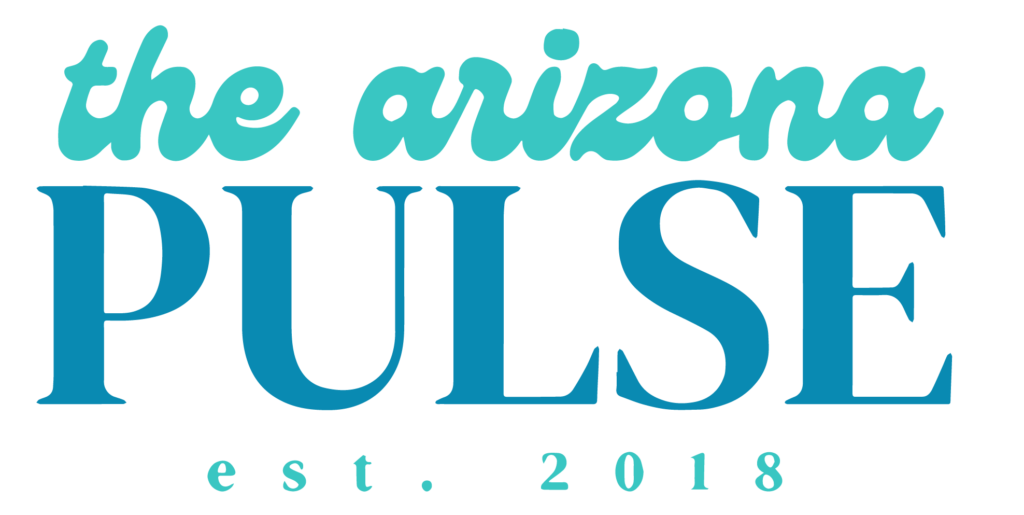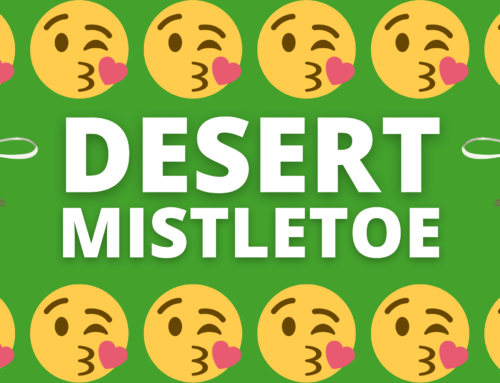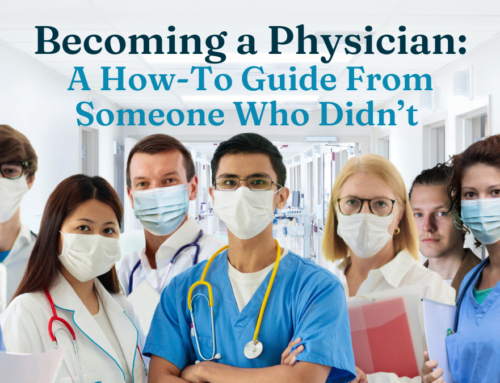Written By: Woodrow A. Myers Jr., MD, MBA, Chief Medical Officer and Chief Healthcare Strategist, Blue Cross Blue Shield of Arizona
At this very moment, as you read these words, someone has died or is dying of an opioid overdose in Arizona. On average, four Arizonans are dying every day. The death toll, as reported by the  Arizona Department of Health Services, jumped 46 percent in just two months: from 1,645 to 2,408 between August and October 2018. Drug overdoses take more lives than car crashes in Arizona.
Arizona Department of Health Services, jumped 46 percent in just two months: from 1,645 to 2,408 between August and October 2018. Drug overdoses take more lives than car crashes in Arizona.
The statistics are frightening. And these are not the only ones. Rising suicide rates and the prevalence of diabetes also are taking a toll in Arizona—personally, socially, and economically.
Blue Cross Blue Shield of Arizona (BCBSAZ) has long invested in the health of Arizona. There is no better investment we can make today than in working to solve Arizona’s most critical health issues. We believe that communities working together can create positive change, and that leading in the face of crisis is our social responsibility.
Mobilize AZ invests in the community
BCBSAZ launched the Mobilize AZ initiative in August with a $10 million, multi-faceted program to fight the opioid epidemic and subsequently expanded the program to address the impact of mental health conditions and diabetes on Arizonans.
By late 2018, nearly $1 million in Mobilize AZ grants were awarded to community organizations working to turn the tide against opioid and substance use disorder.
GRANTEE |
AIM OF GRANT |
| Arizona Poison Control and Drug Center | Providing free opioid education and training to the public, consultations with certified genetic counselors for pregnant and breastfeeding women, and supporting providers. |
| Sonoran Prevention Works | Distributing Naloxone and Fentanyl test strips for overdose protection, as well as transportation to treatment for those in need, education and training for the community and jail staff, and other supplies to communities statewide. |
| Keogh Health Connection | Launching the Community Health Worker (CHW) Program pilot to better coordinate and provide access to care for patients, as well as health education sessions for patients, families, and community members. |
| Health Management Associates | Assessing statewide prescriber capacity for and barriers to medication-assisted treatment (MAT) as means of strengthening resources for treatment and recovery. |
| COPE Community Services, Inc. | Closing a treatment gap for patients residing at La Canada’s skilled-nursing facility in Northwest Tucson who need services for opioid or substance use disorder. |
| Parents of Addicted Loved Ones (PAL) | Building a support infrastructure for family members of addicted individuals to lessen the financial, physical, and emotional impact of opioid and substance use disorders on loved ones. |
| Jerry Ambrose Veterans Coalition | Increasing access to treatment, reducing unmet treatment needs, and decreasing opioid overdose-related deaths for homeless military veterans in Mojave County. |
Filling treatment gaps is another core tenet of Mobilize AZ. A multi-touch outreach campaign launched in late 2018 motivated more than 100 healthcare professionals to commit to getting medication-assisted treatment (MAT) certified, which could potentially expand capacity to treat another 3,000 Arizonans struggling with opioid dependence.
Through a partnership with a well-respected statewide provider, we are bringing a mobile unit to various communities across the state in 2019 that will offer MAT services, telehealth, social determinants of health assessments, and connection to care and support services.
The road ahead: amplifying public health
2019 is a year of expansion for Mobilize AZ, as we continue efforts to reduce the misuse of and addiction to opioids and other substances, while building on the groundwork established for mental health and diabetes.
Nearly 42 million American adults live with anxiety disorders, more than 20 million suffer from depression, and 1 in 25 live with a serious mental illness. Plus, 90 percent of people who die from suicide had an underlying mental health condition, and Arizona ranks 17th on the list of states with the highest suicide rates.
Mobilize AZ for mental health offers a multi-pronged approach to reducing morbidity and mortality from treatable mental illness by expanding treatment access and trauma-informed care.
As one example, we are working to build statewide Mental Health First Aid (MHFA) capacity. BCBSAZ hosted our first training in December where 26 participants, over half from community organizations, became certified MHFA trainers. Each newly certified trainer will provide at least three MHFA trainings in 2019, thereby increasing community understanding about mental health, supporting timely interventions, and saving lives.
Working with a local integrated healthcare provider, we are launching a mental health triage line in 2019. In the pilot phase, the mental health triage line will be available to BCBSAZ members in Maricopa County as a resource to connect them to appropriate mental healthcare services and recovery support. The triage line will also be available to hospitals to ensure timely follow-up post-discharge. Access to the mental health triage line will expand to all Arizona counties by the end of 2019.
Mobilize AZ for diabetes uses a dual-focus prevention and self-management approach to reduce diabetes’ impact on Arizonans. More than 600,000 adults in Arizona have diabetes—the seventh leading cause of death in our state.
In collaboration with the Arizona Diabetes Association, we are planning awareness events about the importance of early screening. Pre-diabetes and diabetes self-management education (DSME) is another area of focus, as is education for providers and prescribers. We’re hosting four CME-eligible seminars across the state of Arizona for providers and prescribers to learn about the latest clinical care and treatment options for diabetes.
Mobilize AZ also encompasses a technology-driven virtual diabetes clinic to help people improve their A1c and overall health, better manage their medications, track food and activity, and learn diabetes self-management strategies.
The power of community
As a physician and former health commissioner, I know firsthand the power of a community coming together to tackle tough health issues. I am confident that, through community and the collaboration among patients, physicians, employers, and insurers, we will make Arizona healthier.
Visit www.mobilizeAZ.com to learn more, get involved, and apply for grants.

Woodrow A. Myers Jr., M.D., M.B.A.
Chief Medical Officer and Chief Healthcare Strategist
Dr. Woodrow Myers serves as the chief medical officer (CMO) and Chief Healthcare Strategist for Blue Cross Blue Shield of Arizona (BCBSAZ), the state’s largest locally owned insurer.
In addition to providing clinical leadership for the company, Dr. Myers directs strategic healthcare innovations and provider partnerships.
He is passionate about working with Arizona’s healthcare community and state regulators to develop ways to improve access to quality, affordable care for all Arizonans.
Dr. Myers is nationally recognized for his involvement in quality initiatives for patient care and health management programs. Most notably, he has held the roles of: executive vice president and CMO at Anthem, director of healthcare management at the Ford Motor Company, and health commissioner for both the state of Indiana and New York City.
His past teaching positions include assistant professor of medicine at Cornell Medical College and assistant professor of medicine at the University of California, San Francisco. He is a former adjunct associate professor of medicine at the University of Michigan School of Medicine and former clinical associate professor of medicine at both Wayne State University School of Medicine and Indiana University School of Medicine.
He is a member of the Institute of Medicine and the National Academy of Sciences, and a Master of the American College of Physicians.
Dr. Myers has earned numerous medical and community service awards, such as the National Medical Fellowships Distinguished Alumni Award, the Outstanding Service Award from the National Medical Association, and the U.S. Public Health Service Award, presented by former U.S. Surgeon General C. Everett Koop. He has also published extensively on public health issues.
In addition to a Doctor of Medicine degree from Harvard Medical School, Dr. Myers earned Master of Business Administration and Bachelor of Science degrees from Stanford University. He is a former Robert Wood Johnson Foundation Clinical Scholar.





